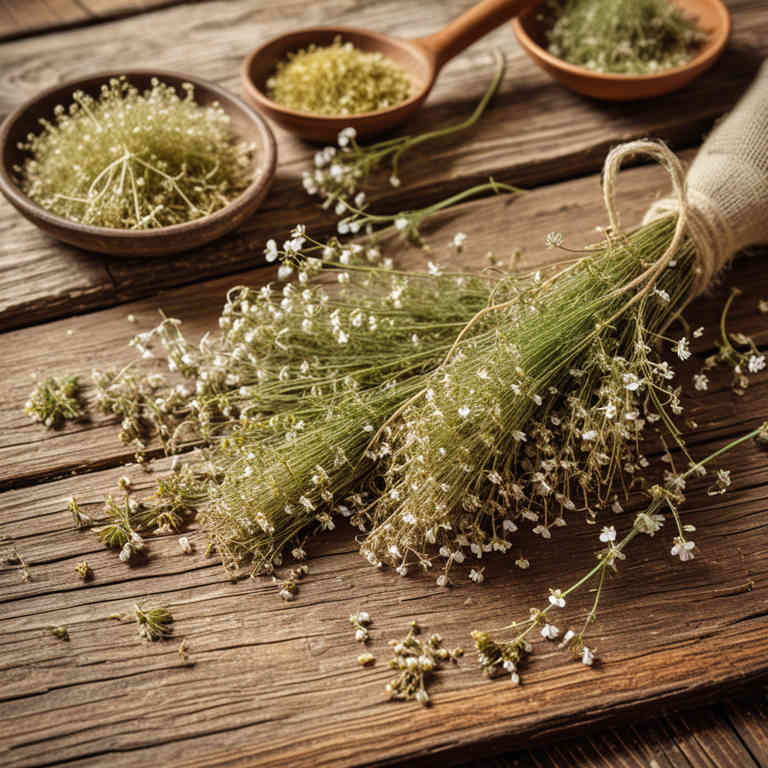Euphrasia officinalis decoction for medicinal use

Euphrasia officinalis decoction is a traditional herbal preparation made by simmering the dried leaves and flowers of the greater hedge-wound plant.
It is commonly used in herbalism to support eye health and alleviate symptoms of eye strain, redness, and irritation. The decoction is believed to have anti-inflammatory and astringent properties that can soothe the mucous membranes of the eyes. It is often prepared as a tea and used both internally and externally.
This preparation has a long history in European herbal medicine and is still valued for its gentle yet effective therapeutic properties.
Uses
Euphrasia officinalis decoction has been used to treat eye conditions and general inflammation for centuries.
Historically, it was valued in traditional medicine systems such as Ayurveda and Chinese medicine for its soothing and anti-inflammatory properties. In the past, it was commonly used to alleviate symptoms of conjunctivitis, cataracts, and other eye ailments. Modern applications include its use in herbal formulations for supporting eye health and reducing irritation.
Today, it is also explored for its potential benefits in managing conditions like allergies and respiratory inflammation.
Benefits
Euphrasia officinalis decoction has health benefits such as reducing eye strain, improving vision, and alleviating symptoms of eye fatigue.
It is traditionally used to support eye health by reducing inflammation and promoting the healing of minor eye irritations. This herbal preparation may also help with respiratory issues, such as sore throat and cough, due to its anti-inflammatory and soothing properties. Additionally, it is believed to have a calming effect on the nervous system, aiding in stress relief and promoting overall well-being.
Euphrasia officinalis decoction is often used in herbal medicine to support the health of the eyes and respiratory system.
Constituents
Euphrasia officinalis decoction active constituents include flavonoids, iridoids, mucilage, tannins, and volatile oils.
These compounds contribute to its traditional use in supporting eye health and reducing inflammation. Flavonoids and iridoids are believed to have antioxidant and anti-inflammatory properties. Mucilage may help soothe irritated tissues, while tannins can provide astringent effects.
This herbal preparation is often used to alleviate symptoms of eye strain, redness, and irritation.
Preparation
To make Euphrasia officinalis decoction, start by gathering 1 to 2 tablespoons of dried Euphrasia officinalis herb.
Place the herb in a pot and add about 2 cups of water. Bring the mixture to a boil, then reduce the heat and let it simmer for 10 to 15 minutes. Strain the liquid through a fine mesh strainer or cheesecloth to remove the plant material.
Allow the decoction to cool slightly before using it as a tea or applying it topically as needed.
Side Effects
Euphrasia officinalis decoction may lead to gastrointestinal discomfort, including nausea, vomiting, and diarrhea, particularly when consumed in high doses or on an empty stomach.
It can also cause allergic reactions in individuals sensitive to plants in the Scrophulariaceae family, manifesting as skin rashes, itching, or respiratory symptoms. Prolonged use may result in liver toxicity, as some studies suggest potential hepatotoxic effects with long-term consumption. Additionally, it may interact with certain medications, such as anticoagulants, increasing the risk of bleeding.
Due to these possible side effects, it is advisable to consult a healthcare professional before using Euphrasia officinalis decoction, especially for extended periods or in combination with other treatments.